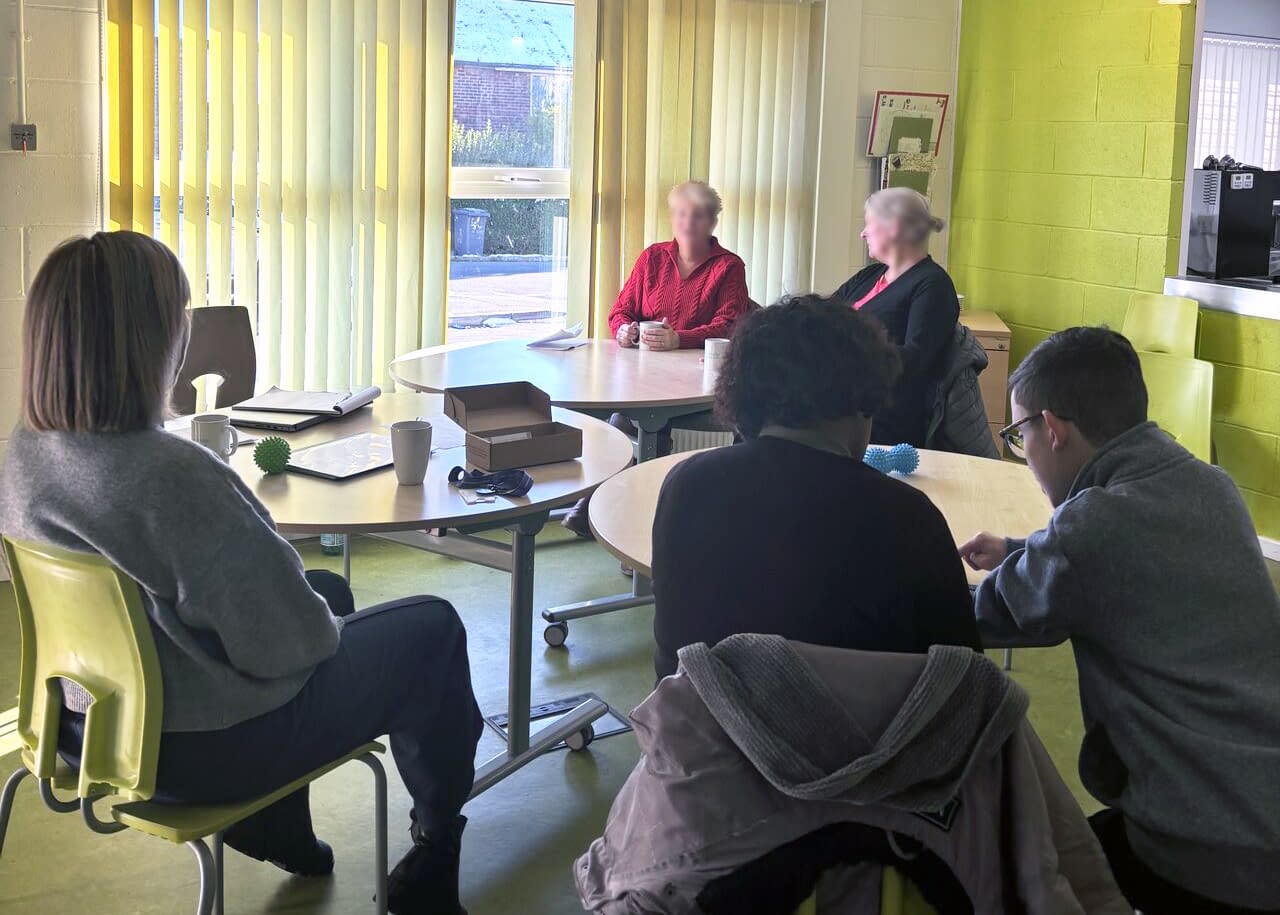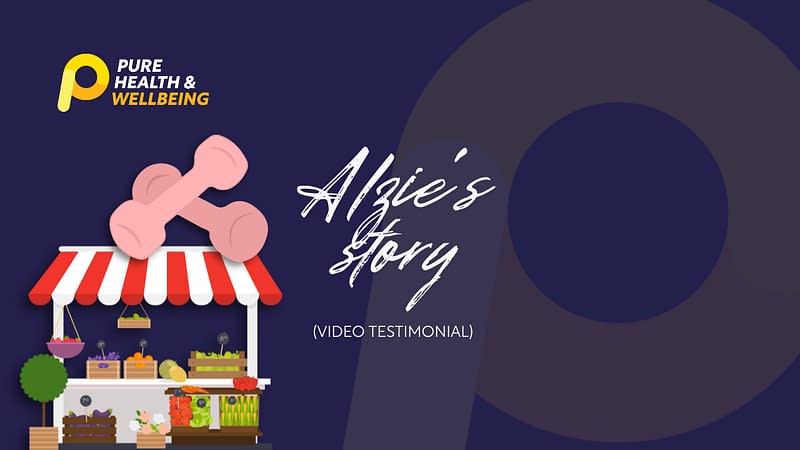Presented at Therapy Expo 27-28 November 2024. Award winning poster.
Background
Chronic pain is a pressing public health issue, with 30-50% of people living with chronic pain, disproportionately affecting the most deprived areas. Chronic pain is predicted to be the fastest growing long term health condition with an estimated 32% increase by the year 2040. This long-term condition places an immense burden on both patients and the healthcare system, especially within primary care (Health Foundation, 2024).
With chronic pain closely linked to other risk factors for poor health such as obesity, depression, social isolation, and reduced activity, the real burden on primary care and the wider health system is far greater. Inequalities in health, deprivation, and chronic pain are particularly high in the London Borough of Lewisham. The need for further support for people living with chronic pain and social isolation was identified.
Aims
- Offer an easily accessible and cost-effective service, reducing barriers to engagement.
- To use a personalised care approach to improve self-efficacy and allow greater independence with self-management.
- To empower patients to engage with their local community and reduce social isolation.
- Offload primary care by reducing appointments from high frequency users.
Impact
- 380 patients were seen over a 12 month period.
- Consistent quality of life and self-efficacy improvements were shown. The Pain Self-Efficacy Questionnaire (PSEQ) indicated a 42% increase on average *8.5 – 11.5 is considered a significant improvement*.
- 74% of patients did not attend their GP practice during the programme. Feedback from patients and GPs was overwhelmingly positive for both the individual sessions and the Pain Cafés.
Implementation
A Primary Care pain support service was integrated into Sevenfields Primary Care Network, taking referrals from across the Multidisciplinary team and through proactive searches. Patients were booked directly into appointments on a hub system.
Musculoskeletal First Contact Practitioners (FCPs) and Pain Specialist Health and Wellbeing Coaches (HWCs) worked with individuals using a personalised care approach. Appointments were conducted remotely using telephone or video where appropriate to minimise DNA rate and minimise barriers due to engaging with the service.
Personalised care and support plans were developed with the patient, focussing on what matters to them and working to their personal goals. Sessions with the Health and Wellbeing Coaches and signposting to resources encouraged an improved understanding of recent pain science advances and current management strategies. These include strategies such as deep breathing, mindfulness, physical activity, sleep improvement, and dietary adjustments, all tailored to the patient’s activation level.
A Pain Café was organised in collaboration with the Primary Care team for extra support to encourage social interaction and learning from lived experience. These sessions provided an open and safe space for people to share experiences and build new relationships. A theme for the week was identified to guide discussion but the focus was on building a positive support network for people living with chronic pain.
Conclusion
Health and Wellbeing Coaches specialising in chronic pain coupled with Community Pain Cafés demonstrated excellent outcomes and patient satisfaction, whilst reducing GP workload in Primary Care. By combining behaviour change techniques, pain science education, and personalised care, HWCs are empowering patients to take control of their pain and live more fulfilling lives. Further wider scale implementation of this cost-effective model could help to reduce the burden of chronic pain, reduce inequalities in health, and significantly impact both primary and secondary care.





